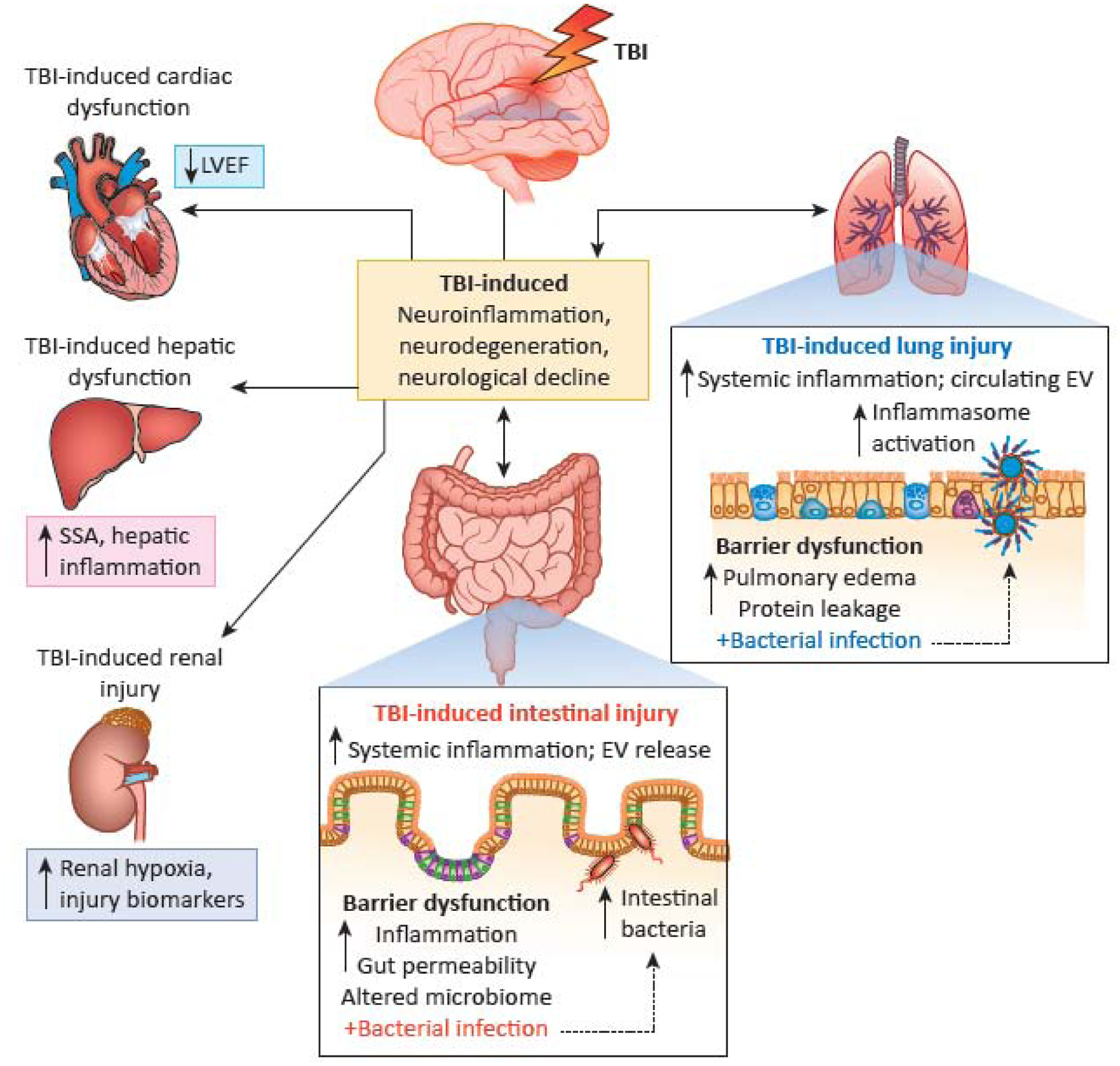Figure 1: Bi-directional effects of TBI and systemic organs.

TBI can induce lung and intestinal injury (right-side and bottom insets, respectively). This in turn can lead to organ dysfunction and subsequent increases in systemic inflammatory responses including EV release. Subsequent bacterial insults to both the lung and gut may result in exacerbation of TBI-induced deficits including neuroinflammation, neurodegeneration and neurological decline. In addition, TBI can result in cardiac, hepatic and renal dysfunction which may increase mortality (left-side column); however, the subsequent effects on long-term neurological function remain to be determined. Abbreviations: Traumatic brain injury (TBI); Extracellular vesicles (EV); Left ventricular ejection fraction (LVEF); Serum amyloid A (SSA).
